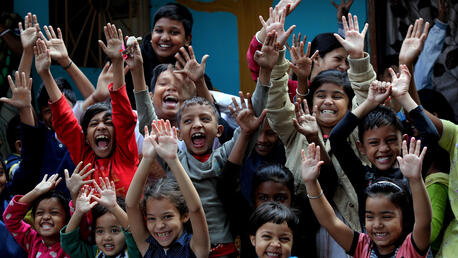
UNICEF LION Fund: Protecting India's Most Vulnerable Children
Launched by UNICEF USA and philanthropists Purvi and Harsh Padia, the Fund builds on the success of 2018’s Project LION, which reunited over 1.2 million children with their families or placed them in family-based care, after removing them from institutional settings. Now, the LION Fund is innovating and scaling up to reach 18 MILLION CHILDREN.
At a Glance: Creating Sustainable, Systemic Change for Children
The strategic, multi-faceted partnership has already accomplished much for the children of India.
3.7 Million
Adolescents
reached with messages to combat harmful practices like child marriage
3.96 Million
Children & Caregivers
reached with mental health and psychosocial support services
600,000
Students & Teachers
engaged in violence prevention and response initiatives
A Look at LION in Action
An Integrated Approach
Working Across Five Pillars of Child Protection
UNICEF USA's LION Fund provides direct support for UNICEF's child protection work across the five key areas below, with the goal of strengthening existing capacity and addressing the root causes of violence against children.
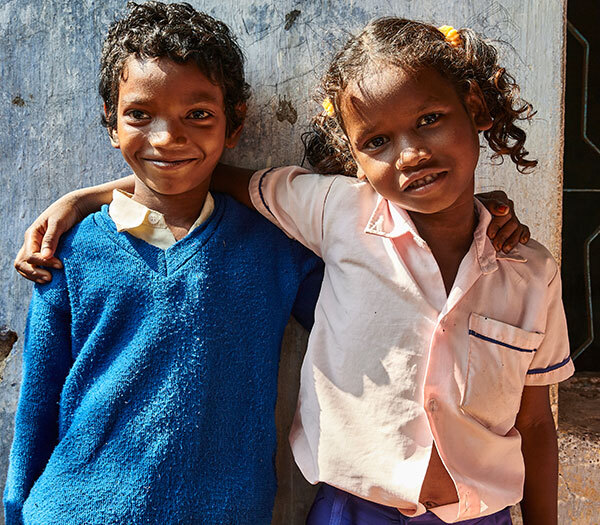
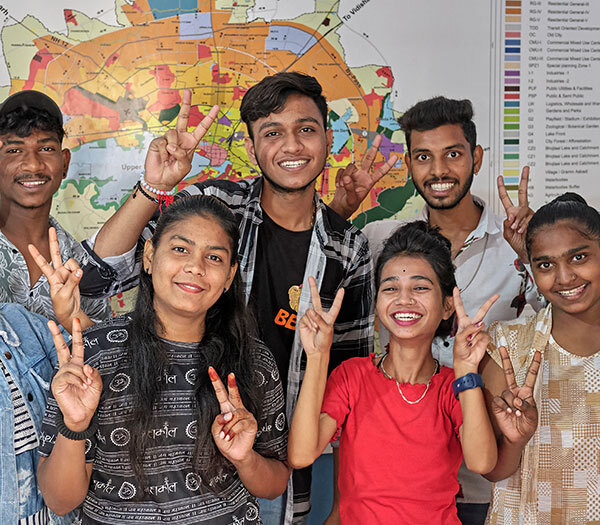
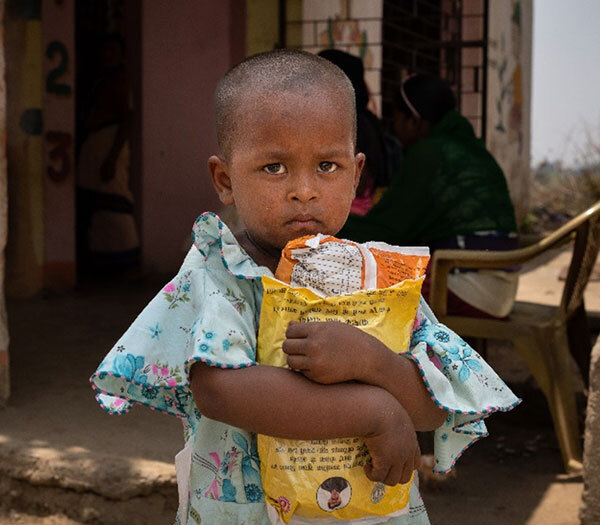
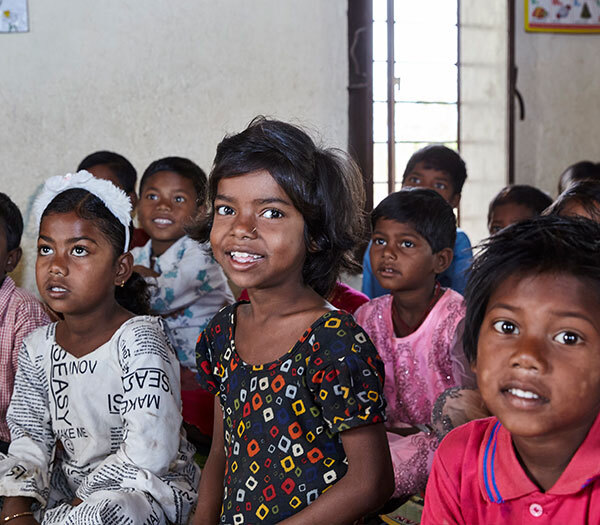
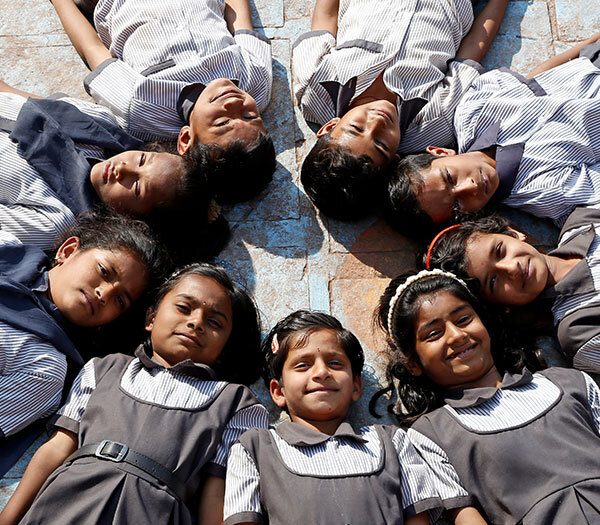
Background:
The LION Fund’s Innovative Approach to Child Protection
India has well-established policies and legal frameworks which address the rights and protection of children. However, overarching strategies to implement child protection can de significantly hindered due to capacity constraints and the lack of streamlined approaches to implement quality prevention and rehabilitation services. As a result, a “silent pandemic” of abuse, exploitation and harmful practices impacts tens of millions of children across India. UNICEF works tirelessly to ensure that the infrastructure needed for child protection safeguards are instituted and enhances programming that positively influences the lives of India's most vulnerable children.
Recognizing the significant need and progress to be gained by implementing a system-wide approach to child protection in India, LION Founder and UNICEF USA New York board member Purvi Padia and Harsh Padia launched the project alongside UNICEF technical experts in India.
The innovative ways that Project LION, the LION Fund and UNICEF together have responded to India's acute and specific child protection needs include:
- partnering with and strengthening national and state government ana social service organizations
- preventing child vulnerability to violence, exploitation or trauma by influencing social behavior change in a range of settings and across a variety of audiences
- empowering children and adolescents to live healthy, engaged lives
- strengthening a variety of child-care environments to best protect children by equipping caregivers with positive parenting and caretaking skills
- solidifying legal and policy mechanisms to combat harmful practices
To learn more about Project LION's innovative approach to child protection and how they transitioned 1.2 million children out of residential care facilities, read Compassion to Catalyst: Lessons from Project LION from UNICEF USA CEO Michael J. Nyenhuis, as he describes the impetus and impact of the initiative.